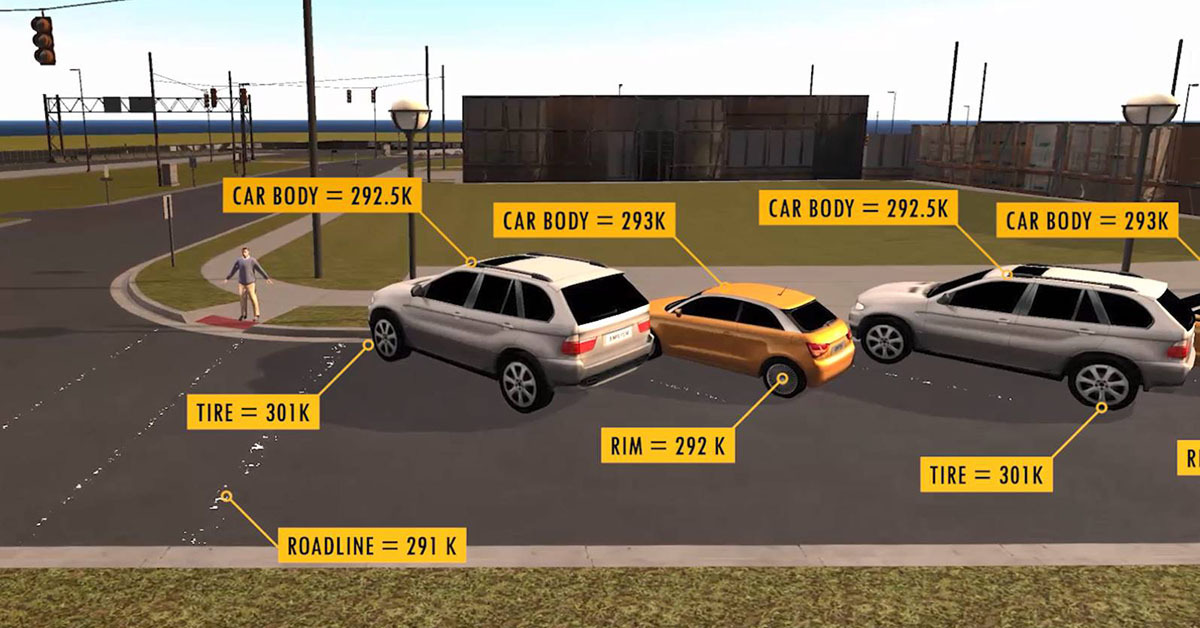FLIR Systems has joined forces with Ansys in an attempt to produce superior hazard detection capabilities for assisted driving. The two companies will also be displaying a thermal-enhanced demo car at CES 2020.
Their collaboration will see FLIR integrate a fully physics-based thermal sensor into Ansys’ driving simulator so as to test and validate thermal camera designs within a realistic virtual environment.
The problem with current AV and ADAS sensors is that they face certain challenges in darkness or shadows, as well as sun glare or foggy weather. Thermal cameras on the other hand can not only detect, but also classify objects in these types of conditions.
Also read: Rivian’s R1S And R1T EVs Getting Alexa Directly Integrated Into Their Hardware
“By adding ANSYS’ industry-leading simulation solutions to the existing suite of tools for physical testing, engineers, automakers, and automotive suppliers can improve the safety of vehicles in all types of driving conditions,” said FLIR exec Frank Pennisi. “The industry can also recreate corner cases that drivers can see every day but are difficult to replicate in physical environments, paving the way for improved neural networks and the performance of safety features such as AEB.”
With more than a decade of experience in the automotive industry, FLIR has provided over 700,000 thermal sensors as part of its night vision warning systems to multiple carmakers such as GM, Audi and Mercedes-Benz. The tech company also announced that its thermal sensor was recently selected by Veoneer (a tier-one automotive supplier) for its level-four AV production contract with a top global automaker (unnamed), planned for 2021.
On a side note, FLIR is also introducing the so-called FLIR City at this year’s Consumer Electronics Show in Las Vegas, representing “a vision to use FLIR intelligent sensing, AI, and cloud solutions to help cities become safer, smarter, and more connected.”





